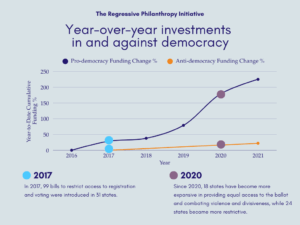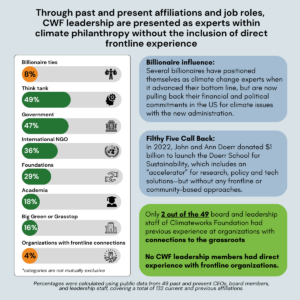Lent is one of my favorite times of the year. For many people, it’s about giving up something they like, but the purpose of going without is to give more to those in need. It is an opportunity to practice better philanthropy, or “love of humanity.”
As a Roman Catholic who has visited Paris many times, I was sad to learn that Notre Dame Cathedral was burning. But I became angry when I saw how quickly “lovers of humanity” mobilized money for rebuilding a building in contrast to the sluggish pace at which institutional philanthropy moves money to human beings.
While Notre Dame was on fire, Al-Aqsa Mosque in Jerusalem also experienced a fire. Last week, 3 Black Louisiana churches were set on fire in an alleged hate crime.
The fires in these holy spaces echo a Lenten refrain, when Jesus said, “Destroy this temple and in three days I will raise it up.”
Jesus’s comment was a scandal to his contemporaries. He was promising the rebuilding of people, community and relationship, not the rebuilding of a building. But his critics missed his point, like we are missing the call to action from these fires now.
The speed of the philanthropic response to support Notre Dame’s repair exposed the hypocrisy of a sector that too often claims an inability to move quickly. This incident shows that philanthropy has the resources and the ability to support urgent social justice and movement-building work, but chooses not to.
The destruction of Notre Dame, and any sacred site, is painful, because such places help us to remember people and events that inspire and motivate us to be our best selves. Notre Dame, which means “Our Lady,” invites us to reflect on the life of Mary, mother of Jesus.
I remember that Our Lady was a poor, young mother who was forced to immigrate to another country because of threat of state violence against her son.
I believe that she would be appalled at the number of poor, young mothers who flee violence with their children today and are met with hostility or apathy.
I remember that Our Lady watched her innocent son die at the hands of a mob and a corrupt government. She would weep at the numbers of people who are incarcerated and who die in our systems for crimes they didn’t commit.
Our Lady would be shocked that in 2016 more grant dollars were given to support leisure sports than to support the urgent work of the pro-immigrant and refugee movement.
And Our Lady would be ashamed that a combination of wealthy individuals, companies and foundations pledged more than $300 million within 24 hours to rebuild a symbol of her love, but foundations in the U.S. gave less than half of that in 2016 to support fighting for the people who most closely share her experiences.
Our Lady would be underwhelmed at the outcry of support for the idea of her and the lack of support for the reflection of her in other human beings.
So let’s stop missing the point, philanthropy. If donors and foundations can move this quickly to rebuild a damaged temple, then the broader philanthropic sector can certainly act more swiftly to support people in rebuilding the systems that have damaged their lives.
Start by learning what today’s immigrants and refugees need and how funders can take up the urgent opportunity to support them.
Jeanné L. Lewis Isler is the vice president and chief engagement office at NCRP. She is a lifelong practicing Catholic, loves grand old buildings, and knows that empowered people are the key to a better society.





































































































































































































































































































































































































































